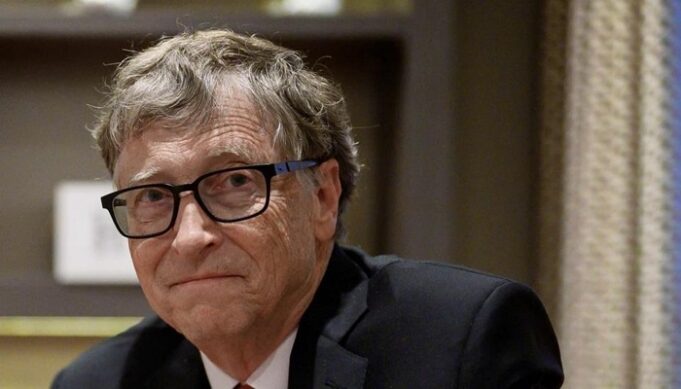American business magnate Bill Gates says Nigeria’s tax collection rate is low.
Gates, who is the co-founder of the software company Microsoft, said Nigeria’s tax collection rate was responsible for challenges to financing critical sectors like education and health by the government.
The co-chairman of the Bill and Melinda Gates Foundation said this at Nutrivision 2024, a Pan-African youth dialogue on nutrition, in Abuja on Tuesday, September 3, 2024.
He said: “Over time, there are plans for Nigeria to fund the government more than it does today. The actual tax collection in Nigeria is actually pretty low.
“If citizens want the education and the health things, as they develop the confidence that these programmes can be very well run, and our foundation is involved with a lot of the exemplars that are showing the way in terms of making sure the money is spent really well, running a very efficient primary health care system where the employees are doing great work, the centres are where they should be, you don’t have underloaded centres or overloaded centres.”
The renowned billionaire businessman stated that for citizens to trust the government’s ability to deliver quality healthcare, there must be a commitment to effective management of health programme funds.
Naira trades N1,611/$ at official market
Gates added that building credibility in health programmes could lead to greater fiscal flexibility, allowing Nigeria to prioritise primary healthcare funding.
“It’s exciting that we are driving the credibility of those health programmes and so that the citizens will feel like primary health care is amongst the priorities that should be very funded as you get some fiscal flexibility,” Gates said.
The philanthropist further expressed optimism about Nigeria’s potential to significantly boost its agricultural output, suggesting that the country could transition from a net food importer to a major food exporter.
Gates said agricultural productivity, particularly in rural and northern areas, is crucial for improving incomes, adding that by leveraging digital technologies and adopting improved seed varieties, Nigeria could trigger an agricultural “miracle” that would boost the economy and address equity and nutrition challenges across the country.
- Guardiola suffers 5th straight defeat for first time as Spurs thrash Man City 4-0 - November 23, 2024
- Police recover explosives, foil bomb explosion in Borno - November 23, 2024
- Tinubu departs Brazil after G20 summit - November 23, 2024










